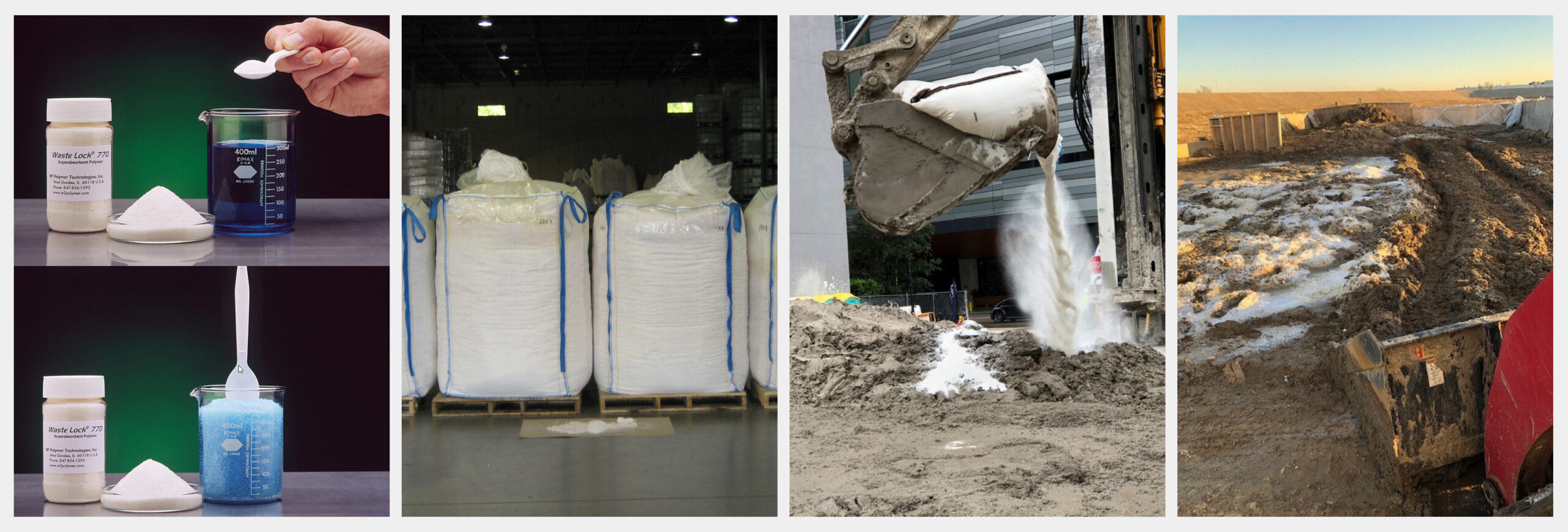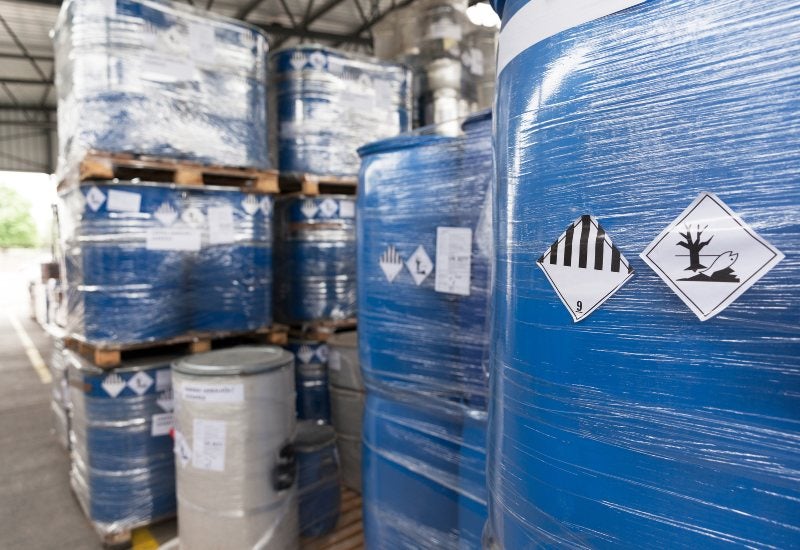Recognizing the Comprehensive Process of Liquid Waste Disposal: Best Practices and Environmental Impact Considerations
The management of liquid waste disposal is a multifaceted concern that calls for a detailed understanding of various ideal practices and their associated environmental influences. From the kinds of liquid waste created to the techniques used for collection, therapy, and last disposal, each step plays an important duty in safeguarding ecological communities and public health.
Types of Fluid Waste
Comprehending the different kinds of fluid waste is crucial for reliable management and disposal methods. Fluid waste can be broadly categorized right into several types, each calling for distinct handling and treatment techniques.
Industrial liquid waste usually includes unsafe materials, including heavy steels, solvents, and chemicals, created during making processes. These wastes necessitate stringent governing compliance to shield human wellness and the setting. Residential liquid waste primarily describes wastewater produced from families, including sewer and greywater, which, although less harmful, can still position substantial dangers if incorrectly handled.
Agricultural liquid waste, including overflow from ranches, commonly includes plant foods and pesticides that can lead to ecological destruction otherwise dealt with properly. Clinical fluid waste, generated from healthcare facilities, includes contaminated liquids such as physical fluids and chemicals, needing specialized disposal techniques to stop infection and environmental contamination.
Last but not least, oil and oil waste, normally created by dining establishments and vehicle sectors, can trigger extreme clogs in drain systems otherwise taken care of properly. Comprehending these classifications assists in targeted techniques for treatment, compliance with regulations, and efficient disposal techniques, eventually promoting ecological sustainability and public health safety and security.

Collection Methods
Effective collection techniques are critical for the appropriate monitoring of fluid waste, making certain that it is gathered securely and efficiently before therapy or disposal. Different methods are used relying on the sort of fluid waste generated, the volume, and the specific qualities of the waste.
One typical approach is the use of committed collection containers or sumps, which are developed to capture fluid waste at the resource. These systems typically incorporate pumps that promote the transfer of waste to bigger storage space containers or therapy centers. Additionally, mobile collection devices equipped with vacuum technology are utilized in situations where waste is produced periodically or in hard-to-reach areas.
For commercial setups, closed-loop systems can properly decrease spills and leaks, enabling the healing and reuse of fluid waste. It is also important to educate employees on proper collection procedures to reduce risks related to dangerous substances.
Furthermore, carrying out regular upkeep timetables for collection devices guarantees optimum efficiency and safety and security. The combination of innovative surveillance systems can boost collection effectiveness by giving real-time information on waste levels and prospective risks. Generally, reliable collection approaches are fundamental to sustainable liquid waste administration practices.
Treatment Processes
Treatment procedures play a crucial role in the management of liquid waste, transforming possibly hazardous materials right into multiple-use resources or secure effluents - liquid waste disposal. These processes can be broadly classified right into physical, chemical, and organic approaches, each tailored to resolve details impurities existing in the waste stream
Physical treatment methods, such as sedimentation and filtering, job by getting rid of suspended solids and particulate issue. These strategies are often the initial step in the therapy chain, successfully decreasing the load on subsequent procedures. Chemical treatments include the use of reagents to counteract hazardous materials, speed up heavy metals, or oxidize natural contaminants, consequently enhancing the safety and security of the effluent.
Biological treatment procedures, including activated sludge systems and anaerobic food digestion, take advantage of the all-natural capabilities of microbes to deteriorate natural matter. These approaches are specifically reliable for wastewater consisting of eco-friendly toxins. Advanced therapy technologies, such as membrane layer filtering and progressed oxidation procedures, are increasingly utilized to attain higher levels of filtration.
Including a combination of these treatment methods not just ensures compliance with regulatory requirements yet likewise advertises ecological sustainability by recuperating important sources from liquid waste.
Disposal Options
Just how can organizations ensure the risk-free and accountable disposal of fluid waste? Effective disposal choices are important for guarding public wellness and the environment. The primary approaches consist of land therapy, disposal, and incineration followed by discharge into metropolitan wastewater systems.
Land disposal includes the mindful control of liquid waste in assigned garbage dumps, making sure important link that it does not seep right into bordering soil or water. Incineration, on the various other hand, topics liquid waste to high temperature levels, transforming it into ash and gases, which need proper filtration to reduce discharges. This technique is ideal for contaminateds materials that can not be treated through conventional means.
In cases where fluid waste can be treated, companies might choose for organic or chemical therapy processes to reduce the effects of hazardous components before discharging the treated effluent into local systems. This path usually straightens with regulatory needs, making try this certain that the effluent satisfies security criteria.
Ultimately, organizations must carry out detailed assessments of each disposal choice to determine its feasibility, considering variables such as waste make-up, regulatory compliance, and potential threats to health and wellness and the atmosphere. By picking ideal disposal techniques, companies can contribute to a liable waste management technique.
Environmental Impact
The ecological impact of fluid waste disposal is a critical factor to consider for organizations seeking to lessen their environmental impact. Inappropriate disposal techniques can bring about substantial contamination of water resources, soil deterioration, and negative results on local environments. For example, hazardous fluids can seep into groundwater, posing threats to alcohol consumption water products and marine life. Furthermore, the discharge of unattended or improperly treated waste into surface waters can result in eutrophication, bring about oxygen exhaustion and the succeeding fatality of fish and other microorganisms.

To mitigate these influences, companies should adopt best techniques such as carrying out strenuous waste treatment procedures, advertising recycling and reuse, and sticking to regulative standards. By taking a proactive method to fluid waste monitoring, entities can considerably lower their environmental footprint while supporting sustainable growth objectives. Inevitably, an extensive understanding of the ecological influences connected with fluid waste disposal is essential for educated decision-making and accountable stewardship of all-natural resources.
Conclusion
Reliable management of liquid waste is vital for protecting ecological integrity and public health. Ultimately, a thorough understanding of liquid waste disposal not only alleviates ecological influences yet also cultivates a dedication to liable source monitoring and ecological stewardship.
The administration of fluid waste disposal is a multifaceted issue that requires a detailed understanding of different best techniques and their linked ecological impacts. From the types of liquid waste generated to the methods employed for collection, treatment, and last disposal, each action plays a critical function in guarding ecosystems and public health.The environmental impact of liquid waste disposal is a crucial consideration for companies seeking to lessen their environmental footprint. Ultimately, a thorough understanding of the environmental impacts associated with liquid waste disposal is vital for notified decision-making and accountable stewardship of natural resources.
Inevitably, a thorough understanding of fluid waste disposal not only reduces ecological influences yet also cultivates a commitment to responsible source monitoring and environmental stewardship.
Comments on “Industrial Wastewater Treatment: Custom-made Solutions for Complicated Wastewater Difficulties”